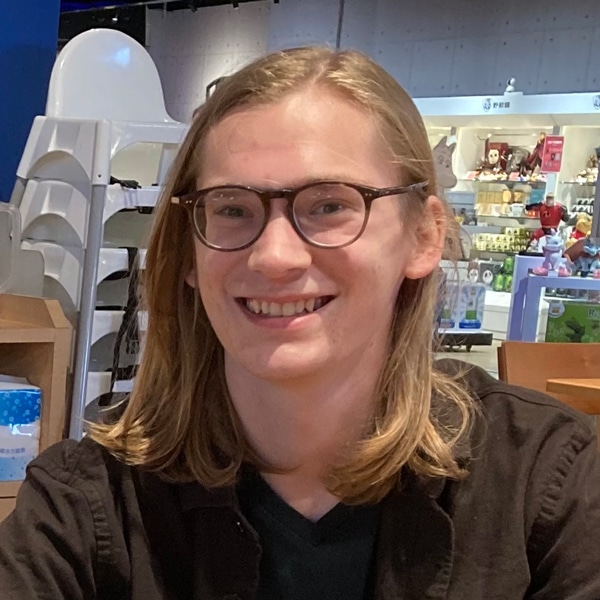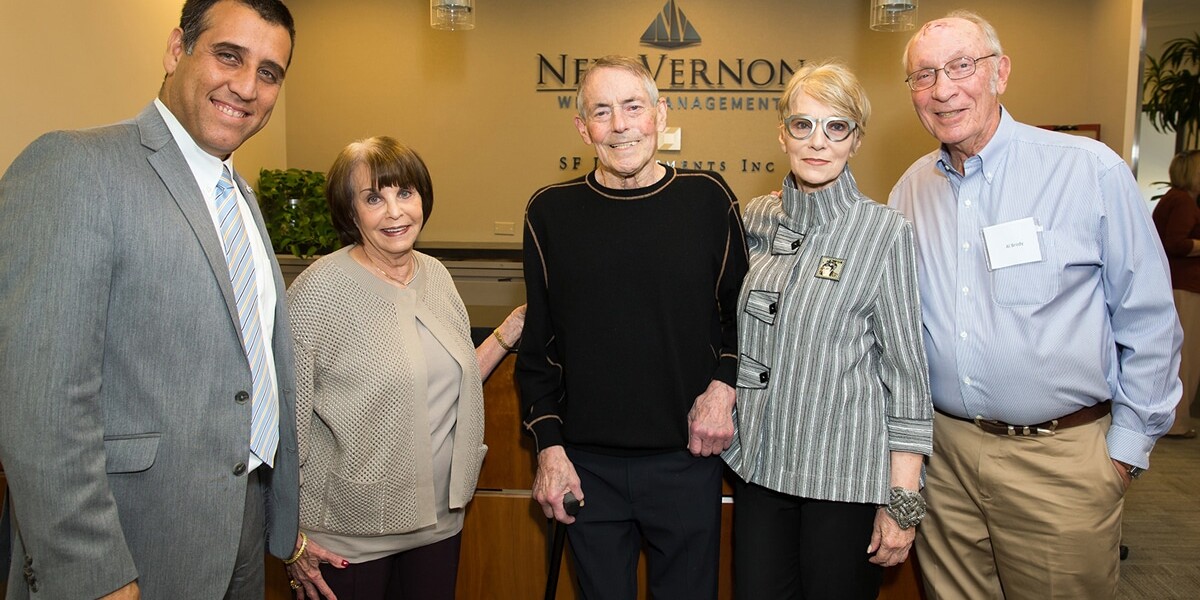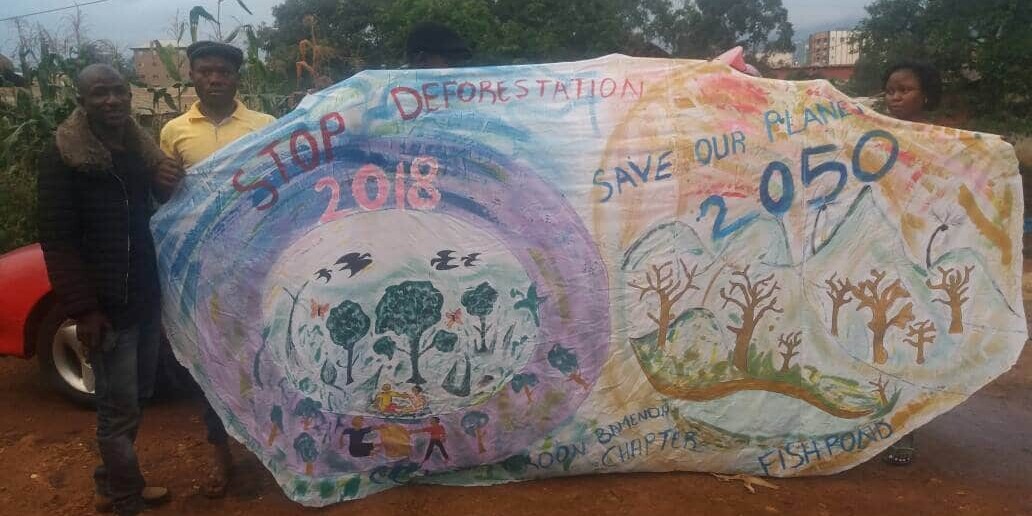By: Yusuph Masanja, Co-Facilitator, Global Alumni Network
On January 18th the South Side Jazz Coalition (SSJC) hosted a Zoom meeting to discuss the inequalities in Jazz music in Chicago. The following conversations transpired during the meeting: the absence of live performance venues on the South and West sides, segregation of the sides of the city, Black musicians working with Black and white musicians working with white and how some changes can be made, white Jazz fans coming to the South and West sides and how the media has portrayed areas that are predominantly populated by people of color as places where the bodies are piling up.
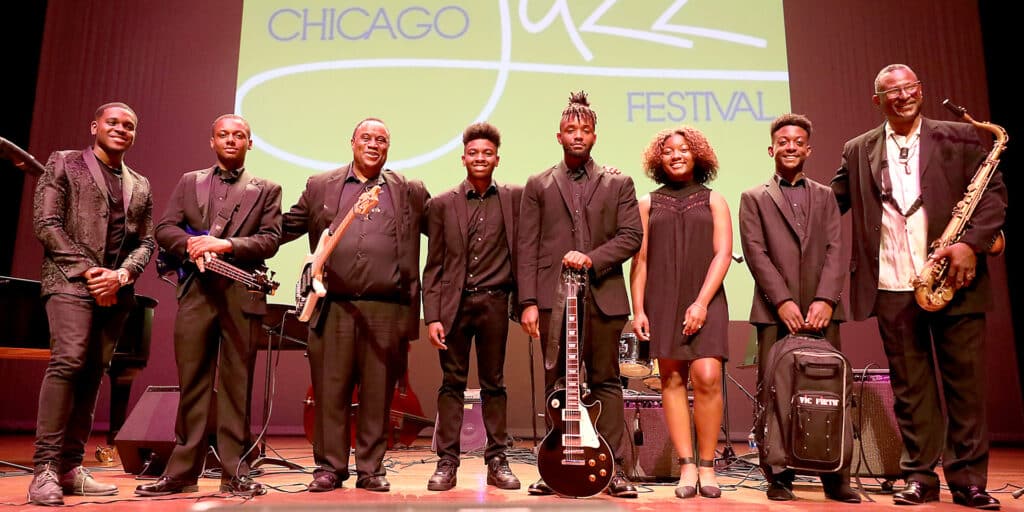
In attendance at this meeting, Margaret Murphy-Webb, founder at SSJC was joined by Commissioner Mark Kelly from DCASE, the director of the Jazz Institute of Chicago, and the executive director of Jazz Journalists of America. Margaret used the techniques learned in the Peace Fellows to run the meeting:
Chicago is one of the most segregated cities in America with a very little cross over between white and Black people who play jazz.
Because of this divide, the Mayor started the initiative called “Together We Heal” to encourage dialogue for the whole month of January. People from all races come together to engage in a dialogue. Margaret decided to organize a dialogue on Jazz because people who control Jazz in Chicago are white and a lot of black musicians are shut out of festivals and other opportunities.
The meeting shed light on this divide and discussed ways to solve the issue.
You know that you have big festivals coming up and there are musicians in the South Side Chicago who are just as good or better as those musicians on the North Side whom you tend to favor, what are we going to do to fix this. These people are working musicians and they need to make money, just like those other musicians also need to make money?
Following this meeting, which will be reconvened again in three months, Margaret is now motivated to organize Zoom classes with musicians. She is planning to conduct classes on social media and grant writing to increase musician’s visibility and empower them with the skills and knowledge necessary for accessing grants. The department of cultural affairs as well as the art council gives grants every year to individual artists. Among other issues, it was stated in the meeting that most musicians miss out on festival opportunities because of lacking an online presence. Furthermore, it was noted that the majority of musicians lack grant writing skills—thus, failing to access support for their own projects.
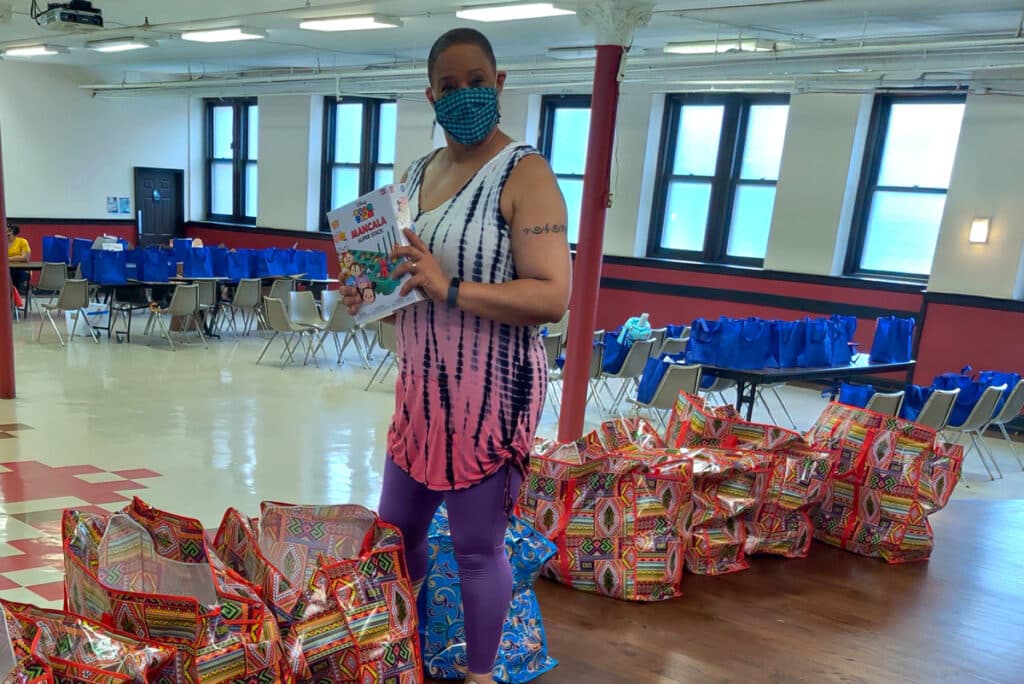
Margaret with the team at SSJC started this nonprofit charitable organization in 2015 to continue the legacy of Earl Lavon Freeman —who ran a free weekly Jazz Jam for over 40 years. When he died, Margaret decided that she will now run these Jam sessions. Their efforts turned into community services.
You just can’t do one without the other, especially with the pandemic. We started doing pop-up jam sessions so that people could just come out in their porches to have music on their blocks because everything was closed down. We’ve also started delivering food and now we have become a community service organization with music on the side.
In 2021, SSJC plans to conduct a Peace Fellow concert, with all the organizations from Chicago contributing. Hopes and prayers are for the pandemic to ease up so that people can get outside, and the Peace Fellows can come together to do that big peace concert.
Margret attributes most successes in her work to the GATHER platform. She started SSJC pretty much alone but through GATHER, she became more focused on the need and mission and met other people like her who are running small organizations that are focused on a mission. She also made new friends with whom they are starting a South East Chicago collaborative to do community services together.
So, GATHER not only helped me to focus on my mission but also gave me some people to work with. It’s a wonderful thing.
Margret has the following message to the Goldin Global Fellows:
I want the Global Fellows to be positive because a change is going to come, we just have to keep on our missions and keep working for the good. I love being part of the Peace Fellows, I love looking at our newsletter and seeing what everybody is doing. I am spreading the word about the Peace Fellows as much as I can.

